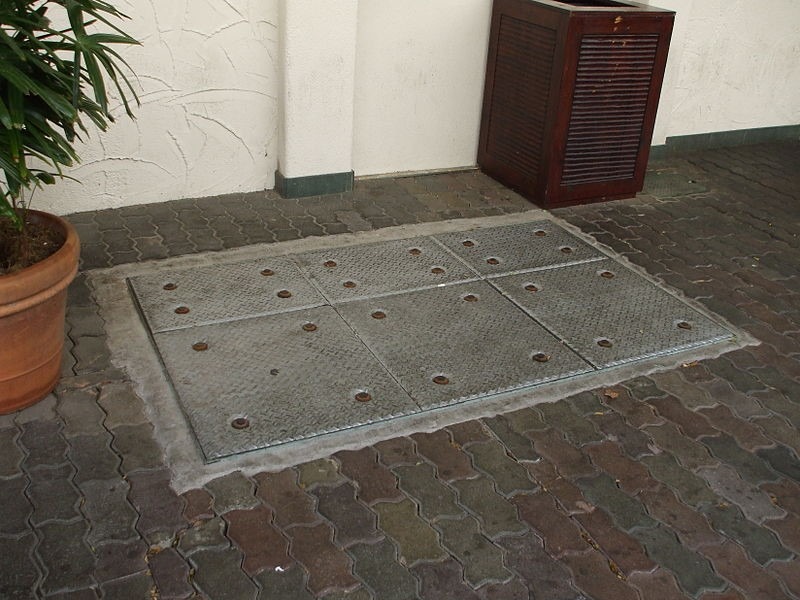When you consider the amount of fats, oils and grease, otherwise known as FOGs, used and generated by the average domestic kitchen, it’s not hard to see that they can quickly become a significant problem in a commercial kitchen.
FOGs Create Blockages
Although liquid at high temperature, FOGs become viscous as they cool, attracting and trapping particles of food that eventually decay, leading to foul odours. As the cooling process continues, the FOGs eventually solidify and block drainage systems, trapping more debris to create huge underground blockages.
The issue was highlighted in an article in the Guardian, which was published soon after the infamous Whitechapel ‘fatberg’ was discovered. A report from around that time indicated that 90% of restaurants, bars and cafés in London were exacerbating the problem through their failure to install grease traps.
Thames Water was shocked by the discovery, and warned owners of commercial kitchens that they faced prosecution if they didn’t act to install appropriate methods of grease management as a matter of urgency. And with issues surrounding pollution very much at the forefront these days, keeping on the right side of the law is important if a business wants to retain its credibility with the general public. Not all publicity is good publicity, particularly when it involves a breach in public health standards.
Steps to Take
Any effective grease management system starts with a good understanding of the subject. Head to https://www.ukgreasetrapsdirect.co.uk/, which provides details of the current legal requirements, as well as publishing a comprehensive knowledge base of articles and case studies on the subject.
Installing a grease trap is absolutely essential to keep FOGs out of the drains. They’re available in a huge choice of types and sizes, and businesses need to decide on a suitable model for their particular requirements. These can be large underground tanks or smaller stand-alone units, many of which can be hidden away out of sight. It’s best to get some expert help when you’re deciding which type of grease trap is the best option for your needs, as getting it wrong means you won’t reap the full benefits of the system.
Make someone responsible for checking and maintaining your business’s grease management protocol, producing up-to-date records about cleaning and maintenance schedules to avoid any expensive downtime, which could affect your turnover.







